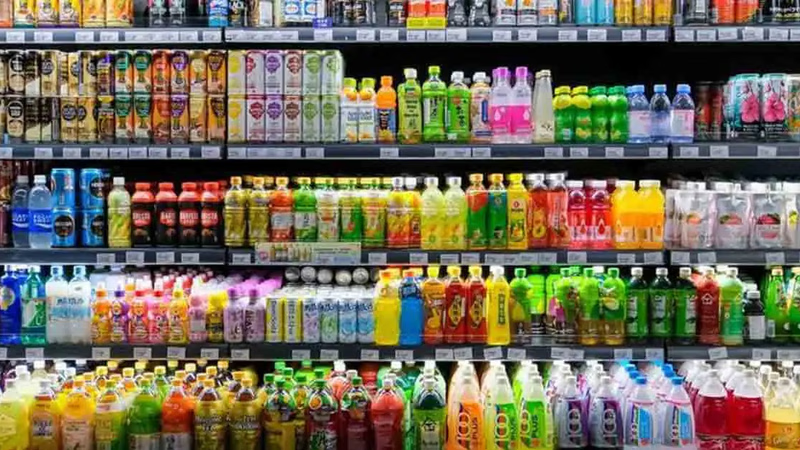
Beverage consumption trends in Middle East trade platforms.
The adaptation of large beverage companies to the religious and cultural restrictions of West Asian people depends on their ability to adapt marketing, produce local products, comply with local laws and regulations, and participate in social activities. These companies typically employ strategies that help adapt to constraints in order to better serve local markets. In many Islamic countries and Muslim regions, alcohol consumption is restricted or prohibited. Major beverage companies can offer a variety of non-alcoholic beverages to comply with this religious restriction, including soft drinks, juices, energy drinks, and non-alcoholic mineral water.
Large companies can establish a closer relationship with local customers by cooperating with local brands and manufacturers in West Asia. These partnerships can produce and market popular local beverages and take advantage of local knowledge and access to the local market. Beverage companies can increase local customer trust and satisfaction by supporting local social and charitable activities. These activities can include supporting social programs, environmental projects, preserving water resources and the environment, and supporting education and improving local living conditions. In the Middle East and many Arab and Muslim countries, the consumption of beverages has certain characteristics and patterns. The highest consumption of drinks among the people of West Asian countries is as follows:
- Due to some countries' religious and cultural restrictions on alcohol consumption, non-alcoholic beverages are very popular in these regions. This includes soft drinks, juices, energy drinks and mineral water.
- Coffee is one of the popular drinks in the Middle East and Arab countries. Coffee in these areas is traditionally extracted by using special coffee makers such as Ghazibeh and WV. Arabic coffee and Turkish coffee are very popular in these areas.
- Tea is also widely consumed in many Arab and Muslim countries. Black tea with Arabic and green tea with Maghrebi are usually popular in these regions. Arabic tea is also served with the addition of mint, which is called "mint tea".
- In some Arab countries, consumption of milk is very common. Milks such as date juice, almond juice and grape juice are popular in these regions and are consumed as traditional drinks.
- Aromatic waters used in cooking and traditional dishes are very popular in these areas. Aromatic waters such as rose water, juniper juice and date water are used in some drinks and desserts.
- In the Middle East and Arab countries, some traditional drinks are popular. These include candies, syrups, various teas such as horseradish, saffron and mint.
- Natural fruit extracts are also popular in the consumption market of the Middle East and Arab and Muslim countries. Fresh fruit juices such as coconut, lemon, orange and pineapple are widely consumed in these regions. Also, some famous juices such as Rabab juice, date juice and watermelon juice are also available.
These descriptions generally apply to the Middle East and Arab and Muslim countries, but the characteristics of the beverage consumption market in each country and region may be different. Cultural, religious factors, laws and tastes of people in each country can be influential. Beverage companies can adopt appropriate marketing strategies to attract customers in West Asia. This includes advertising and marketing while respecting people's religious and cultural values and restrictions. For example, it is possible for companies to use respectful and respectful models in their advertisements and avoid respectful and stretching images outside their specific cultural boundaries.
Large beverage companies in the world, including in West Asian regions that have certain religious and cultural restrictions, have been able to succeed in these markets by adapting to these restrictions. Successful beverage companies in West Asia have usually been able to provide appropriate offerings by adapting to the local and cultural tastes of the people. For example, they have observed people's demand for traditional local beverages, such as Arabic coffee, Arabic tea, and local juices and incorporated it into their products. Large beverage companies in West Asia can adapt by complying with local laws, including religious restrictions. They can adjust their products in such a way that it is compatible with the religious and cultural principles and regulations of the people.



